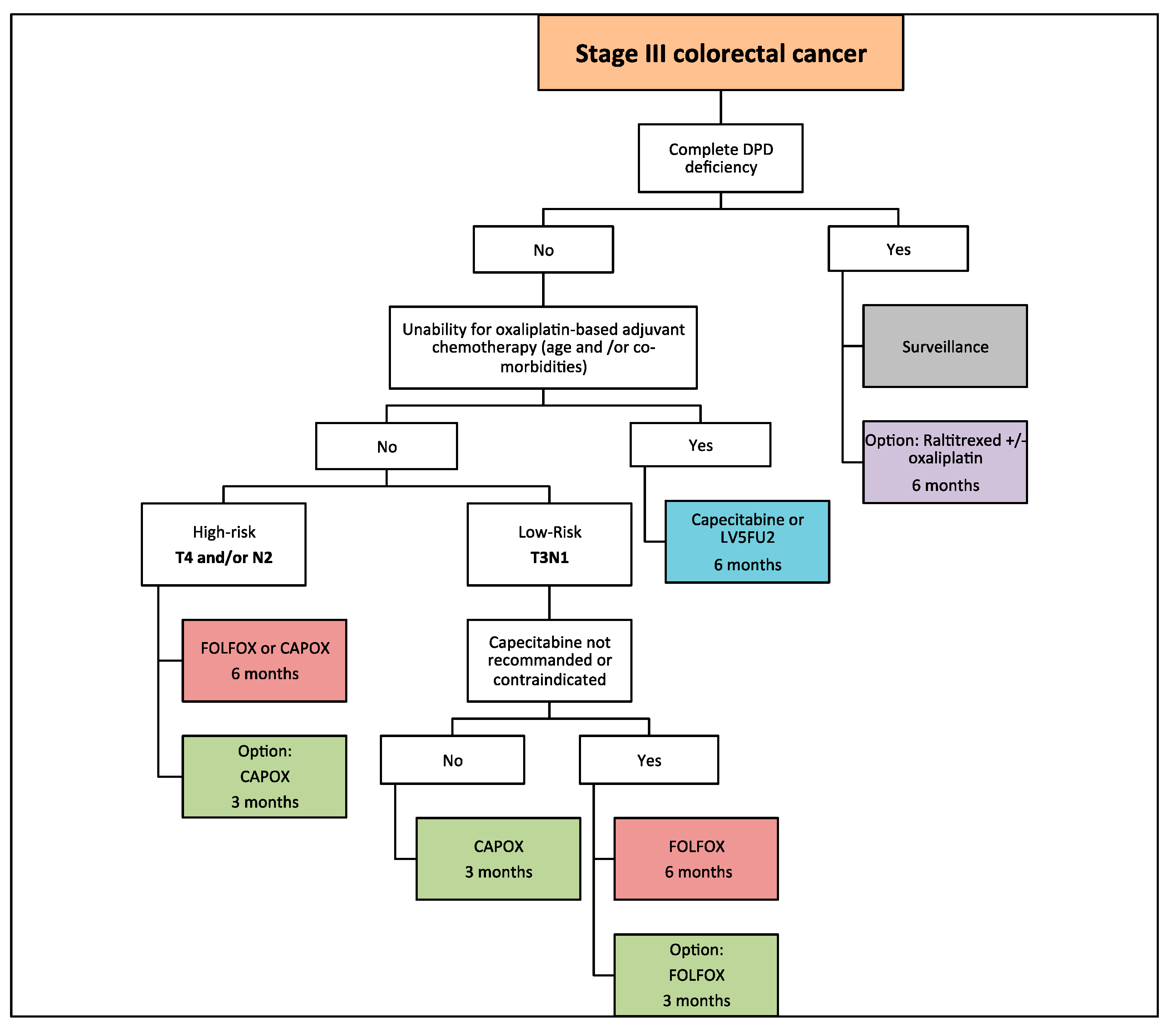In the world of culinary arts and lifestyle branding, few names resonate as strongly as Ree Drummond, famously known as the Pioneer Woman. However, beyond her delightful recipes and charming family life, she has also faced personal challenges that many can relate to, including health issues like colon cancer. The journey to understanding colon cancer treatment, especially in the context of a public figure like Drummond, sheds light on the importance of awareness and proactive health measures.
As someone who has captivated audiences with her warm personality and delicious meals, Ree’s story is not just about food but also about resilience and the fight against illness. The Pioneer Woman colon cancer treatment narrative emphasizes the need for regular screenings and how early detection can significantly change the outcome for those diagnosed with the disease. Ree's experience serves as an inspiration for many, urging individuals to prioritize their health and seek medical advice when necessary.
In this article, we will explore the various aspects of colon cancer treatment, specifically in relation to the Pioneer Woman. We will delve into her biography, discuss the symptoms and risk factors of colon cancer, and highlight the importance of early detection and treatment options available today. This comprehensive guide aims to educate and empower readers about colon cancer, using Ree Drummond’s story as a beacon of hope and encouragement.
Read also:Rich Cash App The Ultimate Guide To Maximizing Your Earnings
What is the Biography of the Pioneer Woman?
Ree Drummond, born on January 6, 1969, in Bartlesville, Oklahoma, is not just a television personality; she is also a food writer, photographer, and ranch wife. Her love for cooking and her passion for sharing recipes with her audience have made her a household name. Ree started her blog, The Pioneer Woman, in 2006, which eventually led to her successful cooking show on the Food Network and a series of bestselling cookbooks.
| Detail | Information |
|---|---|
| Name | Ree Drummond |
| Date of Birth | January 6, 1969 |
| Place of Birth | Bartlesville, Oklahoma |
| Profession | Author, Food Blogger, TV Personality |
| Spouse | Ladd Drummond |
| Children | Four |
What Are the Symptoms of Colon Cancer?
Colon cancer, also known as colorectal cancer, often develops from precancerous polyps in the colon or rectum. Understanding the symptoms is crucial for early detection. Some common symptoms include:
- Changes in bowel habits, including diarrhea or constipation.
- Blood in the stool or rectal bleeding.
- Unexplained weight loss.
- Persistent abdominal discomfort, such as cramps or gas.
- Feeling that the bowel does not empty completely.
If any of these symptoms are present, it is vital to consult a healthcare provider for further evaluation.
What Are the Risk Factors for Colon Cancer?
Several factors can increase the likelihood of developing colon cancer. Some of these risk factors include:
- Age: Most cases occur in individuals over the age of 50.
- Family history of colon cancer or polyps.
- Genetic disorders, such as familial adenomatous polyposis (FAP) or Lynch syndrome.
- Personal history of inflammatory bowel disease, such as ulcerative colitis or Crohn's disease.
- Lifestyle factors, including a sedentary lifestyle, unhealthy diet, smoking, and excessive alcohol consumption.
What Are the Available Treatment Options for Colon Cancer?
The treatment for colon cancer varies based on the stage of the disease. Here are some common treatment options:
- Surgery: Removing the cancerous portion of the colon is often the primary treatment.
- Chemotherapy: This treatment uses drugs to kill cancer cells, often used after surgery to eliminate remaining cells.
- Radiation Therapy: This may be used to shrink tumors before surgery or to eliminate remaining cancer cells afterward.
- Targeted Therapy: This involves using drugs that target specific characteristics of cancer cells.
How Can Early Detection Impact Colon Cancer Treatment?
Early detection of colon cancer significantly improves the chances of successful treatment. Regular screenings, such as colonoscopies, can help identify precancerous polyps before they turn into cancer. For those at higher risk, it is recommended to start screenings earlier than the general population. Being proactive about health can lead to better outcomes and reduce the severity of treatments needed.
Read also:Discover The Fun Fountain Valley Skating Center In Fountain Valley Ca
What Role Does Ree Drummond Play in Raising Awareness About Colon Cancer?
As a prominent figure, Ree Drummond uses her platform to raise awareness about colon cancer and the importance of screening. By sharing her experiences and encouraging her audience to prioritize their health, she contributes to a greater understanding of this disease. Her story resonates with many, illustrating that health challenges can affect anyone, regardless of their public persona.
Conclusion: The Significance of the Pioneer Woman Colon Cancer Treatment Journey
The Pioneer Woman colon cancer treatment journey is not only a personal tale of struggle but also a call to action for others. Ree Drummond's experience highlights the importance of awareness, early detection, and the various treatment options available. By sharing her story, she inspires countless individuals to take charge of their health and seek timely medical advice. As we continue to learn and grow in our understanding of colon cancer, let us remember that with the right information and support, there is hope for healing and a brighter future.


